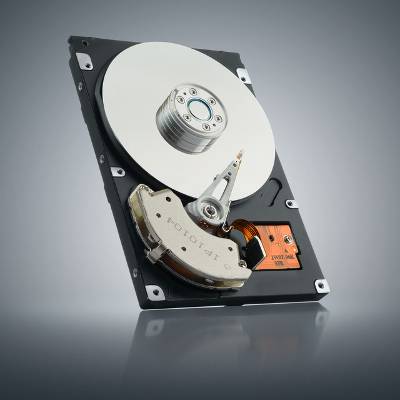Directive Blogs
 We all know the fleeting moment of fear as a computer slows to a grinding halt, taking forever to perform the most basic of tasks. At the same time, we also know the relief of when you find out there’s nothing wrong with your PC. Still, what if that relief never comes? What if you’re dealing with one of the most dangerous computer issues of all: a hard drive crash?
We all know the fleeting moment of fear as a computer slows to a grinding halt, taking forever to perform the most basic of tasks. At the same time, we also know the relief of when you find out there’s nothing wrong with your PC. Still, what if that relief never comes? What if you’re dealing with one of the most dangerous computer issues of all: a hard drive crash?
 If you’re in the market for a new computer, then you’re going to have to make a decision: Go with a traditional hard drive (HDD), or a solid state drive (SSD). While a computer equipped with an HDD will cost you less money, an SSD promises to faster speeds and a longer lifespan. This begs the question, is SSD worth the extra money?
If you’re in the market for a new computer, then you’re going to have to make a decision: Go with a traditional hard drive (HDD), or a solid state drive (SSD). While a computer equipped with an HDD will cost you less money, an SSD promises to faster speeds and a longer lifespan. This begs the question, is SSD worth the extra money?
 It's important to understand how long your hard drive will last so you can minimize the risk of data loss from a drive failure. Disk hard drives are made up of tiny parts with platters that rotate at thousands of RPMs, which makes it the most vulnerable component of your PC. How much life is left on your server's hard drive?
It's important to understand how long your hard drive will last so you can minimize the risk of data loss from a drive failure. Disk hard drives are made up of tiny parts with platters that rotate at thousands of RPMs, which makes it the most vulnerable component of your PC. How much life is left on your server's hard drive?
 We all dread that moment. Whether it was a power surge, an accidental water spill, or a swift roundhouse kick out of frustration, your business computer is dead and needs to be replaced. While no computer will last forever, you can extend your PC's life with proper care. Here are tips that will boost your computer's lifespan.
We all dread that moment. Whether it was a power surge, an accidental water spill, or a swift roundhouse kick out of frustration, your business computer is dead and needs to be replaced. While no computer will last forever, you can extend your PC's life with proper care. Here are tips that will boost your computer's lifespan.
 When it comes to storing data locally on your organization’s workstations, you have a couple of options. There are solid state drives and hard disk drives, but the average user isn’t tech-savvy enough to understand the difference between the two. Regardless of what kinds of devices you use for your business, you should be aware of how they work and what you can expect from them.
When it comes to storing data locally on your organization’s workstations, you have a couple of options. There are solid state drives and hard disk drives, but the average user isn’t tech-savvy enough to understand the difference between the two. Regardless of what kinds of devices you use for your business, you should be aware of how they work and what you can expect from them.



